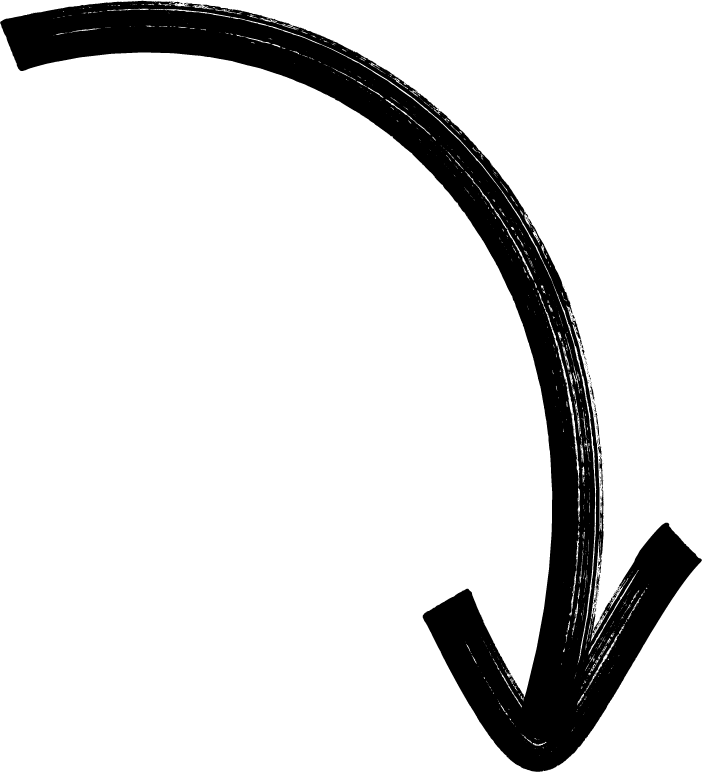By Paul Coupar-Hennessy
It may not seem immediately relevant that the Roman goddess of agriculture is called Ceres. However, for anyone working in a creative field, I think it is. And in modern life I’d say that field includes just about everyone.
Like Ceres, our word “create” comes from the root “ker”, to grow. And built into the word’s agricultural roots is a wisdom about how we create well.
Of course, some work processes are mechanical. Processing invoices. Perhaps (in my trade) even some forms of writing. But these types of work are getting fewer.
Instead, more and more of what we call work demands a genuinely creative response – one that offers something meaningfully new in answer to a complex, uncertain situation. That applies to conjuring up a PR campaign that resonates, figuring out a company structure that works, and to an infinity of other tasks.
Back to our Roman goddess, and the agricultural roots of ‘creativity’. What does that mean for us?
A genuinely creative idea never comes from looking at a screen, trying to be “creative”. It comes in the bath, or on the bus, or after sleeping. You can’t just will this kind of thought, in the same way you can’t will something to grow.
Of course that doesn’t mean doing nothing – you need to understand the problem, or till the soil, to have a chance of something worthwhile sprouting.
Fallow periods are necessary. You can’t will something into growing, but you can create conditions where it’s more likely. That might mean going for a run, or a coffee break and a chat, or (and my first editor was a huge believer in this) a nap. As someone wrote on here recently, “Productivity doesn’t happen in meetings — it happens in the ‘in-between’”.
Growth and therefore creativity require good compost. For me that means reading good things and speaking to good people.
A person who wants to be creative will guard this wisdom about its organic origins doggedly, even if it means having odd periods that seem ‘unproductive’, because they know that real creative productivity is not just busyness.
